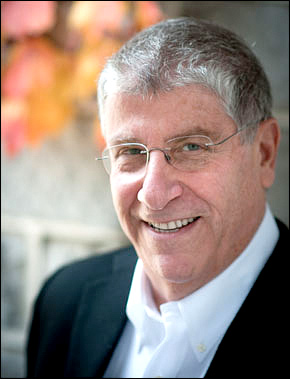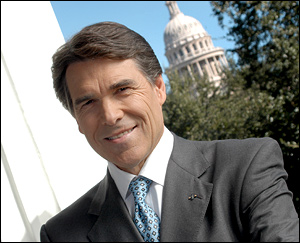Later today, as expected, state Sen. Wendy Davis (D) will announce her campaign for governor. With incumbent Rick Perry (R) retiring after four terms, Texas voters will witness an open governor’s campaign for the first time since 1990, when Democrat Ann Richards defeated Republican businessman Clayton Williams.
The 2014 general election looks to match Sen. Davis and three-term Republican Attorney General Greg Abbott who, for years, has been waiting in the wings to run for the state’s top office. Davis attained notoriety over the summer by filibustering a bill that increased abortion restrictions and succeeded in delaying its passage for several weeks.
The GOP has dominated Texas politics ever since George W. Bush unseated Gov. Richards in 1994. Of the 29 statewide offices, Republicans continue to control all of them, in addition to the two US Senate positions, a majority in the congressional delegation, and both houses of the state legislature. Since the Bush gubernatorial re-election effort in 1998, the GOP has typically won the major statewide offices by margins between 12 and 16 points.
But, will the string continue in 2014? With an ever-growing populace – remember, Texas gained four seats in the last reapportionment – and a Hispanic population reaching 37.6 percent of the state’s total population, Lone Star State Democrats claim that the demographic changes are making them more competitive.
Two polls have been conducted, both showing similar patterns. The most recent, the Texas Lyceum Poll (Sept. 6-20; 800 registered Texas voters), gives Abbott only a 29-21 percent lead with a whopping 50 percent undecided/don’t know factor. In early summer, Public Policy Polling (June 28-July 1; 500 registered Texas voters), even before Gov. Perry announced his retirement, tested several candidates against one another. At that time, Abbott led Davis 48-40 percent, holding the same eight-point edge as the Lyceum poll projects, but one where 38 percent more respondents believed they knew enough about the candidates to make a decision.
The fact that the Lyceum poll has a very long sampling window, over two weeks, and Continue reading >



